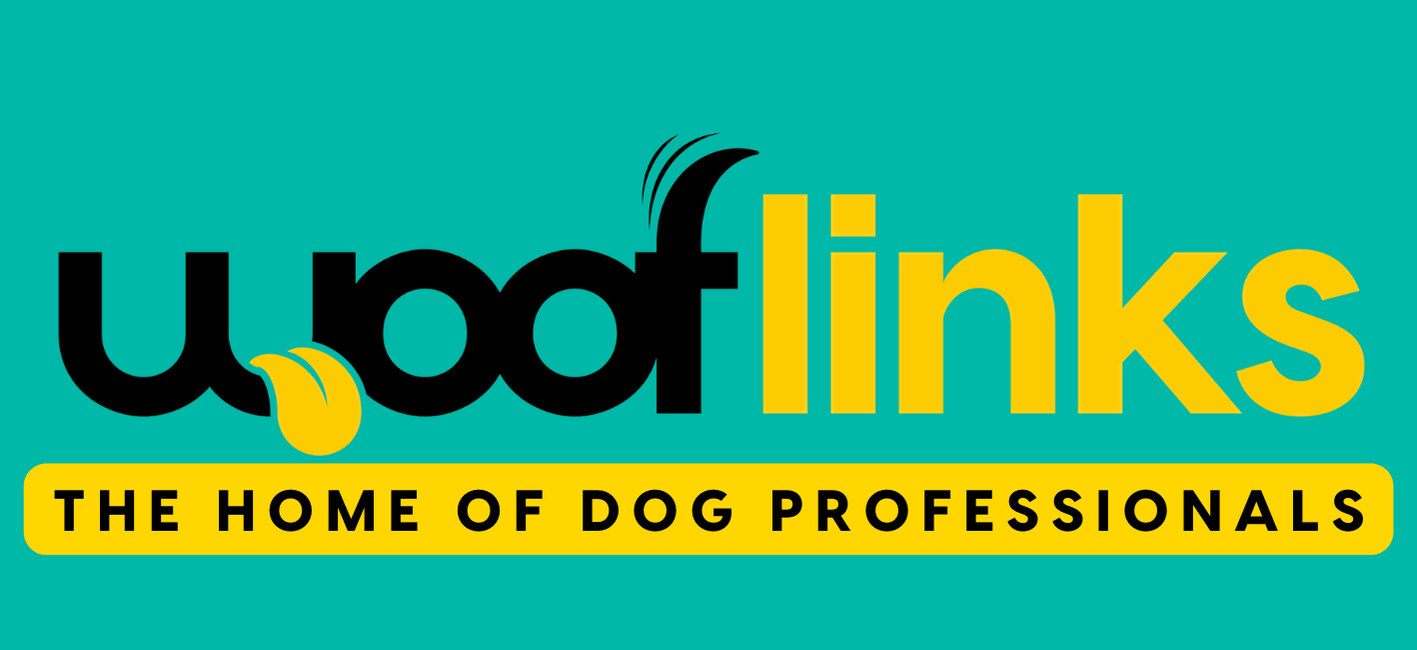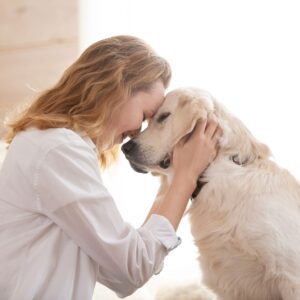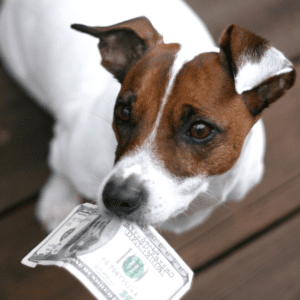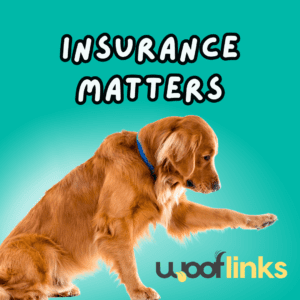“If you do what you love, you’ll never work a day in your life”
So it seems like an obvious choice that if you are a dog lover, that you should start a dog walking business, right?
Since the pandemic, dog ownership in the UK has grown exponentially and dog walkers are busier than ever, so it may seem like the perfect time to begin. But, as any dog business owner will tell you, spending time with the animals you love is only a small part of your role.
We’ve compiled some of the pros and cons of being a dog walker business owner and given you some pointers as to what you need to do before you begin.
Let’s begin with some positives:
- You get to spend your day with dogs – and which dog lover wouldn’t want that?
- Exercise and fresh air every day – there aren’t many office jobs that can offer you that!
- Flexibility – it’s great to be able to work the hours around your schedule and you can dictate the rate you charge.
- New friends – you’ll meet lots of people when you’re out and about which can help you feel connected to your community.
But please also consider:
- Other people’s dogs can be unpredictable – You don’t know their behaviour patterns like you know your own, so be prepared to be overwhelmed, particularly if you’re walking more than one dog at a time.
- You might have to tell your clients some home truths about their dog and the news that their perfect pooch has been aggressive to another dog or that they have chewed up your wellies may be really unwelcome. Be prepared for customers to tell you that you’re wrong or how to do your job.
- Finding clients – you MUST sound out the market before you decide to take this on. Carefully consider how you are going to market yourself and how much it is going to cost. Marketing is an important investment in your business, and you need to plan ahead.
- Losing clients and cancelled appointments – customers can be fickle and flaky. Be prepared to have weeks where clients decide to spontaneously go on holiday or decide out of the blue that they no longer need you, only to join up with your competition instead. You may have weeks where you lose more than 50% of your earnings in this way, so resilience and financial backup is a must.
- You can never switch off – be prepared for clients to call and text you out of hours, to forget when you’ve booked time off, and to change their schedule and mess up your week. It’s really important to have a client agreement and set boundaries from the get-go.
- Like with any freelance job, you only get paid for the days you work. There’s no sick pay, holiday pay, maternity pay or other fringe benefits that come with employment. If you decide to have a day off or you are ill, not only do you lose out on your day’s wage, you run the risk of irritating your clients and potentially losing them altogether.
- Terrible weather – People’s dogs need walking come rain or shine so be prepared to face awful UK weather for up to 8 hours a day.
- Risk of injury or loss – Again, dogs are known to run off, and if they hurt themselves or others then the buck stops with you. You need to be emotionally prepared for this as well as having all the necessary insurances to make sure you are covered.
- Security – you will likely need to have access to someone’s home when they are not there. This will either involve having the code to their key safe or holding your own key to their home. Being a keyholder is a huge responsibility and you will need to take necessary measures to protect their security if you are keeping their keys in your home, this includes a CRB check. If the security of their home is ever compromised, as a keyholder you could be in the firing line. It would be rare and very unfortunate situation but certainly something you need to consider. You should never allow someone to “hide” their keys for you.
- This is a business, not a hobby. You will need proper accounting and systems for your clients to book and pay, you will probably have to chase payments sometimes. You will (probably) need a book keeper to help you to file your tax return. You will have many different insurances to consider including liability, and possibly changing your car/van insurance from personal to commercial. You will need equipment, fuel, marketing and all of these costs mount up and so, like with any new business, doing a proper business plan and forecast with accurate costings is imperative to make sure your business is sustainable. There is a lot to learn, so be prepared to wear many hats!
If you’re thinking about starting a dog walking business and feel that the pros outweigh the cons, then see Part II on How to Start your Dog Walking Business









Add a comment